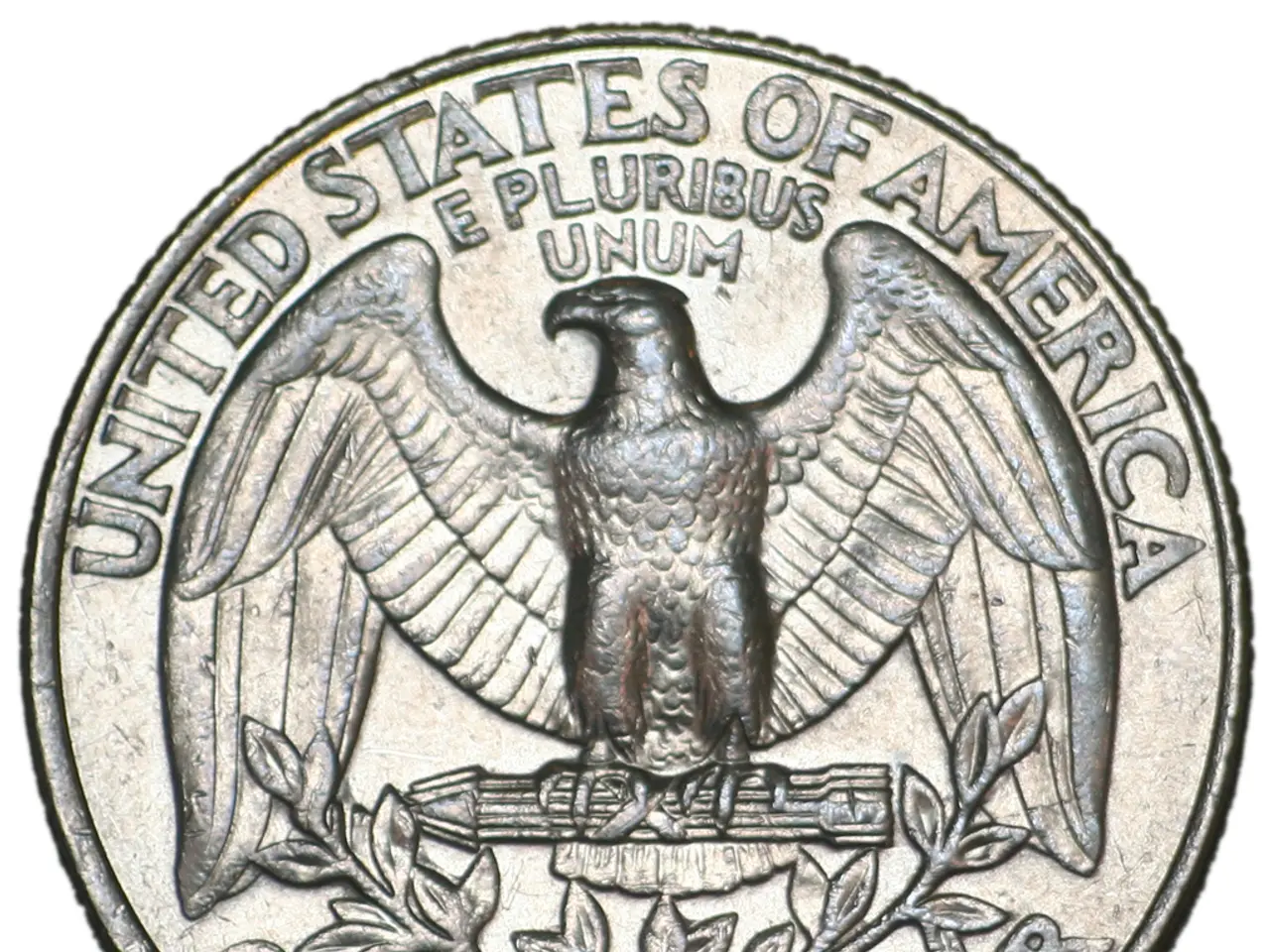Surveys reveal a need for LGBTQIA+ inclusion in the payments sector, prompting The Payments Association to advocate for immediate action.
The payments industry is undergoing a crucial shift towards greater inclusivity, as highlighted by The Payments Association's 2025 Diversity & Inclusion (D&I) survey. The survey reveals significant gaps in the collection and utilisation of diversity data, particularly in relation to LGBTQIA+ inclusion[1].
The survey findings underscore the need for improved data collection and targeted inclusion strategies within the sector. Key points include:
- The sector lacks comprehensive data collection on diversity metrics, which hinders effective inclusion efforts. - There is a specific emphasis on the need to improve LGBTQIA+ inclusion within payments companies. - The findings underscore broader challenges around fostering a truly inclusive workplace culture where all identities are recognised and supported[1].
The survey results indicate that while there is growing recognition of the importance of diversity and inclusion in payments, substantial work remains to be done to close gaps in data collection and to implement meaningful inclusion strategies across the industry[1].
This call to action resonates with wider trends in DEI surveys, where diverse question types are crucial for capturing the full picture of employee experiences and identifying areas for improvement[2].
One payments firm answering the call is PridePay, a member of The Payments Association. PridePay, an LGBTQIA+ focused payment app from Cardaq, is making strides in fostering an inclusive financial ecosystem. Their sponsorship of Pride in London 2025 underscores this commitment[3].
PridePay's initiatives include introducing "Tap for Change" donation stations to support LGBTQIA+ causes, establishing a co-branded pledge wall for personal affirmations, and implementing a QR code treasure hunt to encourage engagement[3]. Hugo Remi, CEO of Cardaq, emphasised PridePay's mission to change societal perceptions and support the LGBTQIA+ community[3].
The collaboration between PridePay and Pride in London serves as a powerful example of payments firms championing D&I. Dee Llewellyn, Director of Partnerships and Growth at Pride in London, and Christopher Joell-Deshields, CEO of Pride in London, expressed enthusiasm for the collaboration[4].
Riccardo Tordera, Director of Policy for The Payments Association, has commented on the findings of the survey. Only 27% of organisations in the payments sector gather gender identity data during recruitment, and only 14% collect sexual orientation information[4]. Only 11% of payments firms specifically focus on sexual orientation as a diversity area[4]. A significant 25% of payments firms report no specific focus on protected characteristics[4].
The partnership between PridePay and Pride in London encourages a more inclusive and representative financial landscape for all. This collaboration aims to create meaningful change for the LGBTQIA+ community and serves as a beacon for the payments industry to follow in the pursuit of a more inclusive and equitable future.
The survey results illustrate the necessity for payments companies, such as PridePay, to enhance data collection on diversity metrics, particularly in relation to LGBTQIA+ inclusion, as it is crucial for implementing effective inclusion strategies within the sector. Notably, PridePay, a member of The Payments Association, is making significant strides in fostering an inclusive financial ecosystem, as demonstrated by their sponsorship of Pride in London 2025 and various initiatives aimed at supporting the LGBTQIA+ community.




